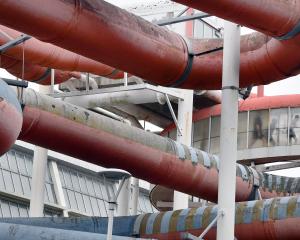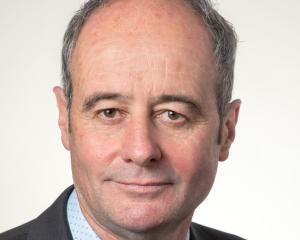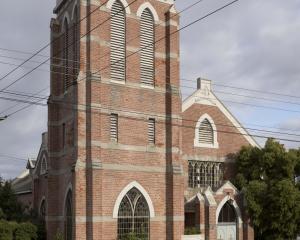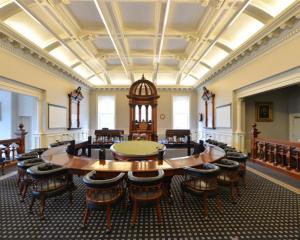
Additionally, city council counsel Michael Garbett said a Brighton submitters’ expert witness was so "excessively conservative" in his view that it led to an entirely unrealistic assessment of the risk posed to public health in the area.

In doing so, Mr Garbett reaffirmed the council’s view it had selected "an excellent site" for a new landfill for Dunedin.
The Smooth Hill proposal was for a compact landfill necessary to deal with the waste produced by the people of Dunedin, he said.
Any adverse effects would be suitably managed by the landfill’s design and the proposed consent conditions, updated after feedback at the hearing, he said.
The hearing for the city council’s application to build a landfill at Smooth Hill was adjourned in May so the city council could complete a public health risk assessment.
That assessment was finished in June, but the hearing remained adjourned while the council prepared responses to other matters raised during proceedings.
The council has now submitted a revised set of consent conditions, offered a $5 million bond in case remediation is required and rebuked its most serious critics.
In a 27-page submission, Mr Garbett rejected concerns the council erred in its application for consents in light of new environmental standards to protect freshwater.
He "utterly rejected" any suggestion the council implied it might not deal with the present aviation risk from birds at the Green Island landfill when it closed.
Moreover, he rejected three reasons regional council consultant planner Hilary Lennox gave that the landfill should not be granted consent.
Ms Lennox highlighted concerns about the "significant" risk that birds attracted to a landfill at Smooth Hill could pose to the safety of Dunedin Airport’s operations just 4.5km away.
However, in doing so, she had rejected the evidence of the "only expert qualified" at the hearing, city council witness Avisure managing director Phil Shaw, Mr Garbett said.
Nowhere had Mr Shaw stated the effects would be significant, Mr Garbett said.
"It is submitted that it seriously oversteps the qualifications and experience of Ms Lennox to carry out an evaluation of the risk of bird strike and conclude that the risk is significant," Mr Garbett said.
Ms Lennox’s subsequent view that the proposal was contrary to 10 regional policies was "tainted" by this inaccurate evaluation, he said.
Further, her assertion she did not have enough information to assess the benefits and costs of alternative options to Smooth Hill mistook her role, Mr Garbett said.
Rightly, Dunedin city councillors had considered the alternatives and determined Smooth Hill as their preference, Mr Garbett said.
Yesterday, Ms Lennox referred comment to the regional council, and regulatory and communications general manager Richard Saunders said the council had "full confidence" in her evaluation.
However, Mr Garbett also took aim at the Brighton submitters’ witness, EHS Support New Zealand principal environmental chemist Andrew Rumsby, who alerted commissioners to the absence of a public health risk assessment at the hearings.
Mr Garbett said the level of scrutiny Mr Rumsby then wanted for the potential contamination of Otokia Creek went beyond the "upper bound for a realistic scenario".
"It is further submitted that even if the excessively conservative assumptions sought by Mr Rumsby were adopted, this would not change the conclusions of the risk assessment that the risks to human health associated with an exceptional failure of the landfill liner would still be within the acceptable threshold for human health," Mr Garbett said.
Hearing chairman Rob van Voorthuysen said the commissioner panel was reviewing the city council’s reply and would meet early next week to decide whether there were any questions arising.
If so, the hearing could reconvene or questions could be put in writing to Mr Garbett.
If commissioners had no questions, they would close the hearing and proceed to write a decision within 15 working days, he said.












